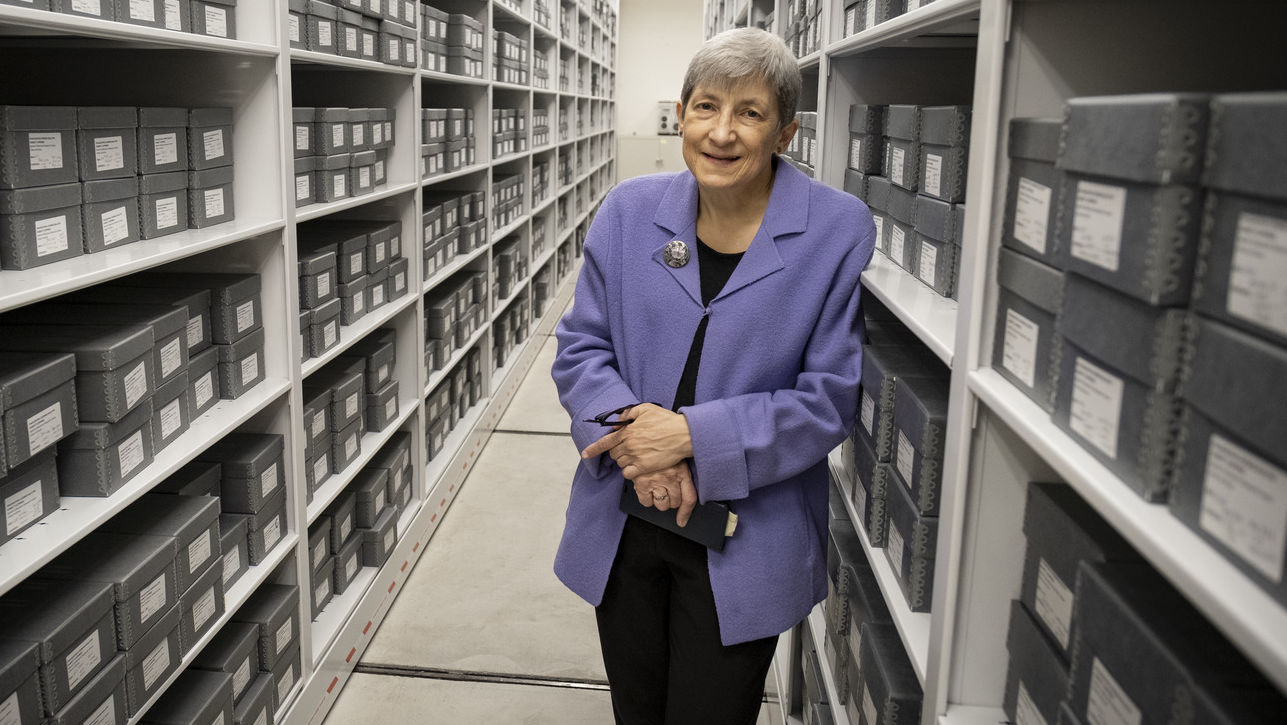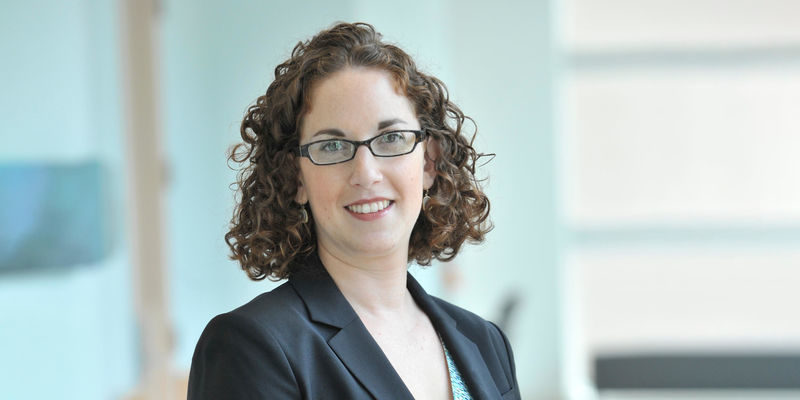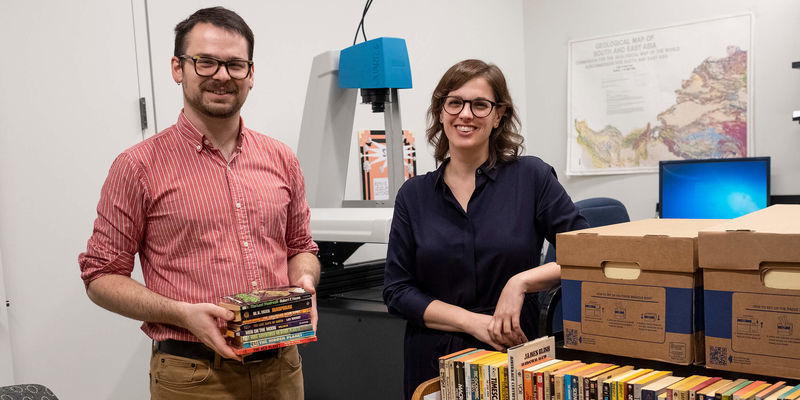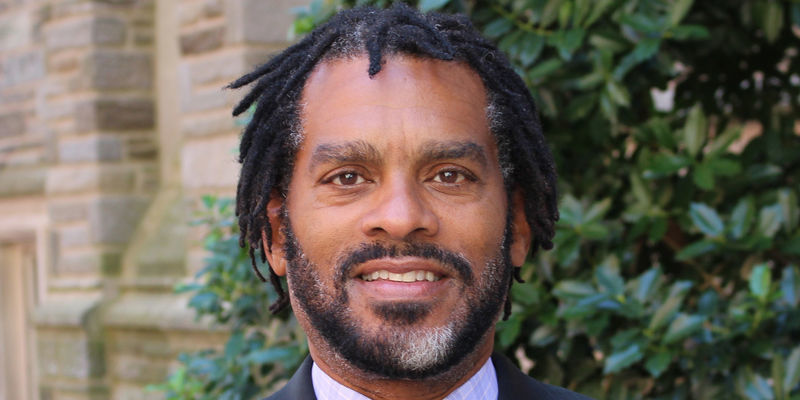Diversifying the libraries’ archives to document the underrepresented
Director of Special Collections Margery Sly discusses diverse and inclusive archives.

Throughout her 40-year career as an archivist, Margery Sly has championed documenting diverse perspectives.
“I’ve been trying to document underrepresented populations to make sure those voices are heard and to move away from the great white men theory of archives,” said Sly.
Prior to Temple, Sly worked at Smith College and Presbyterian Church (USA), where she built collections around women’s history, especially women from underrepresented groups.
As director of special collections at Temple, Sly is responsible for administration of the collections and the majority of collection development, as well as identifying prospective donors and negotiating intellectual property transfers.
Temple’s libraries include everything from the Urban Archives to the Philadelphia Jewish Archives to the Philadelphia Dance Collection. Sly has also been building the disability rights collection and has brought in the archives of Asian Arts Initiative and Asian Americans United.
“I think we’re unusual for our emphasis on documenting the people of the city, not just the leaders and shakers,” said Sly.
We spoke with Sly about diverse and inclusive archives.
Temple Now: How do libraries and archives build and maintain inclusive collections?
Margery Sly: It starts with a clear collection development policy. It’s important to be clear about what’s being collected and why. Then it’s a matter of building relationships in the region or collecting area. Getting a reputation is important. A lot of collections have come in over the past several years because this nonprofit has talked to that nonprofit who has had a good experience and wants to make sure the archives are somewhere that’ll take good care of them. There is this connective tissue across a lot of nonprofits that are serving various populations and understand the importance of preserving their history.
TN: How do archivists go about reflecting a range of ideas, stories and experiences?
MS: We want to acknowledge we’re trying to document as many facets of the population as we can. Some are going to be conservative, some are going to be liberal and some are going to be neutral. We try to balance these stories. It’s not easy because sometimes the archives aren’t what we expect, or some are destroyed or deleted. We try to work across multiple perspectives so that we are getting the bigger story.
TN: What’s unusual about some of Temple’s special collections?
MS: We started early, in the 1960s. The History Department felt it was important to document the history of the region to provide more raw material for its graduate students. So the department started reaching out actively to organizations in the city for their archives. Getting in that early is hugely important because works were rescued that might not have survived. At the same time, librarians were thinking about documenting more nationally radical and alternative press, including nonmainstream populations. That set us on the path of collecting this alternative press, both left- and right-leaning. Over 50 years later, we have incredibly rich collections because we started so early and in areas that none of the other archives in Philadelphia were focusing on.
TN: How has inclusion grown or changed in the archives over the years?
MS: We’ve consistently wanted to cast the net broadly. Because the Urban Archives started collecting in the 1960s, they began with a lot of strength in African American organizations. When collecting material for unions started, that brought in other ethnic groups like the Jewish population. I’ve made a deliberate attempt to reach out to the Asian community because Chinatown and that aspect of our population are important to document. We’ve kept trying to build. It was wonderful getting the Philadelphia Lesbian and Gay Task Force archives. You always have to be thinking of who’s doing what and what should be documented.
TN: How has Temple become a leader in documenting the stories of underdocumented and underrepresented populations in the region?
MS: We started early and built a reputation. Temple is very deliberately continuing to collect and identify materials that will build on documenting the underdocumented but is broadening the scope. We are buying more non-Western material and have acquired works from Cuba and Latinx authors in California as well as Arabic collections. We’re trying to look at our student population and think about where our collections should intersect with their cultures and interests.
Additionally, about half of our users are non-Temple affiliated. We get a lot of community users as well as students, scholars and documentarians from all over the world. We get the word out about important things about Philadelphia and are an important piece of community engagement at the university.


